Resources
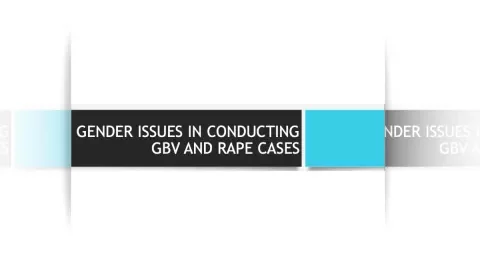
Course 1 Gender Issues in Conducting GBV and Rape Cases - A. Powerpoint
This is the powerpoint presentation for Course 1 Gender Issues in Conducting GBV and Rape Cases.
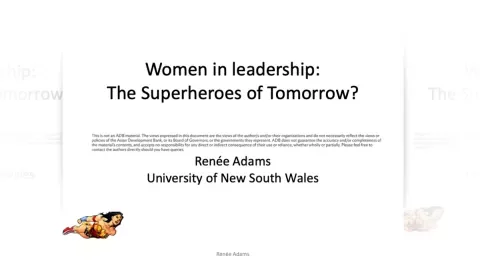
Women in Leadership: The Superheroes of Tomorrow?
While female directors may not (always) be superheroes, there is little doubt that they influence firm and societal outcomes. Characterizing this influence requires a better understanding of what women bring to the boardroom table and how diversity affects firm outcomes. There is still a long way to go towards breaking the boardroom glass ceiling and more research is needed for understanding the benefits of board diversity. Find out whether female directors can help save economies and the firms on whose boards they sit.
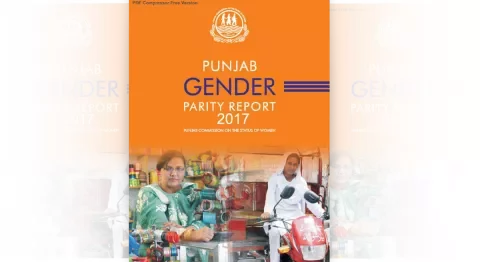
Punjab Gender Parity Report 2017 (Pakistan)
The 2017 report is the second annual Punjab Gender Parity Report which provides an overview of the status of women in Punjab which is examined against six (6) key thematic areas which include demographics and governance, health, education, economic opportunities, legal rights and violence against women.
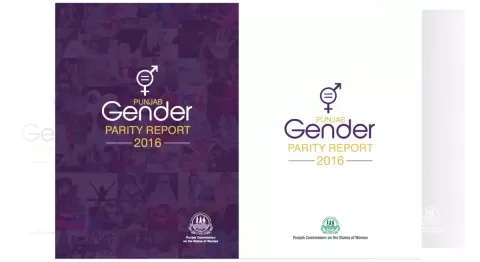
Punjab Gender Parity Report 2016 (Pakistan)
The Punjab Gender Parity Report 2016 is the inaugural report which provides comprehensive analysis and insight relating to women’s rights in Punjab, Pakistan. The report closely examines the status of women in Punjab through the analysis of data culled against six (6) main thematic factors which include demographics and governance, health, education, economic opportunities, legal rights and violence against women.
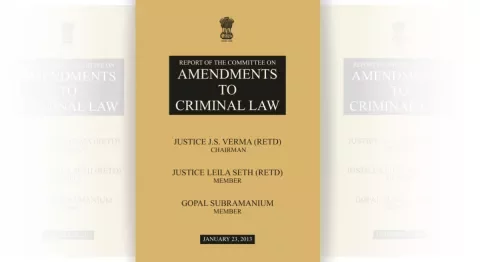
Report of the Committee on Amendments to Criminal Law (Verma Committee Report), India
The Committee was constituted to recommend amendments to the Criminal Law of India in order to provide speedier trials and to enhance punishment for criminals accused of committing sexual assault against women. The Committee made recommendations on laws related to rape, sexual harassment, trafficking, child sexual abuse, medical examination of victims, police, electoral and education reforms.

UN Committee Against Torture, General Comment No. 2: Implementation of Article 2 by State Parties, CAT/C/GC/2 (24 January 2008)
The General Comment addresses three parts of Article 2 of the Convention Against Torture and Other Cruel, Inhuman or Degrading Treatment or Punishment which identifies distinct interrelated and essential principles undergirding the Convention's absolute prohibition against torture. The Committee reminded all States parties to the Convention of the non-derogable nature of the obligations undertaken by them in ratifying the Convention.
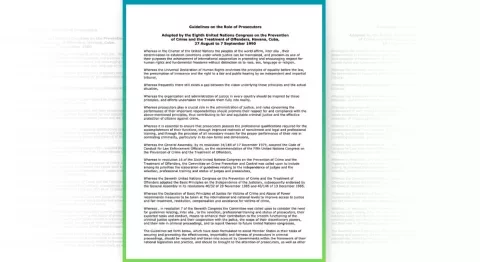
Guidelines on the Role of Prosecutors
The Guidelines have been formulated to assist Member States of the United Nations in their tasks of securing and promoting the effectiveness, impartiality and fairness of prosecutors in criminal proceedings. The Guidelines provide, among others, that States should ensure that the selection criteria for prosecutors should embody safeguards against appointments based on partiality or prejudice, excluding any discrimination against a person on the grounds of race, color, sex, language, religion, political or other opinion, national, social or ethnic origin, property, birth, economic or other status.
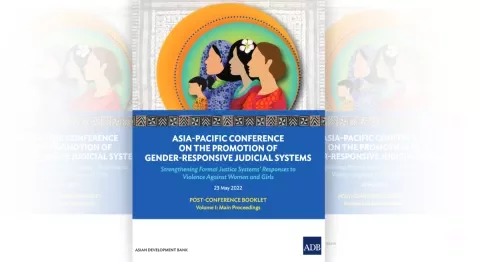
Asia-Pacific Conference on the Promotion of Gender-Responsive Judicial Systems Post-Conference Booklet Volume 1
Strengthening Formal Justice Systems’ Responses to Violence Against Women and Girls POST-CONFERENCE BOOKLET Volume I: Main Proceedings 23 May 2022
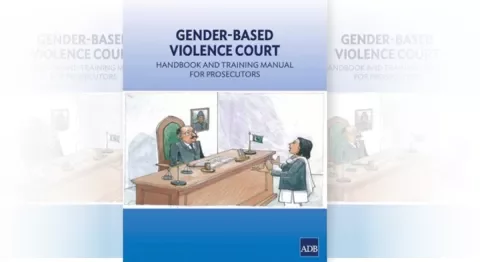
Gender-Based Violence Court Handbook and Training Manual for Prosecutors
This training manual contains the presentations corresponding to each module of the Gender-Based Violence Court: Handbook and Training Manual for Prosecutors.
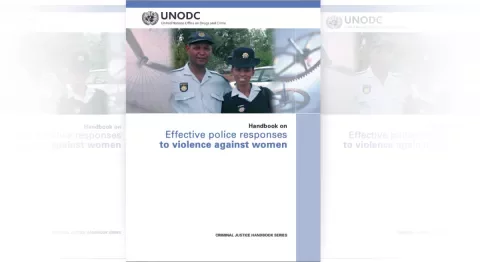
Handbook on Effective Police Responses to Violence against Women
The Handbook is intended to assist and guide police officers in the prevention of, and response to, violence against women. It is formulated primarily for use by police in transitional and developing countries where institutional means to protect women from violence have not yet been created or implemented.